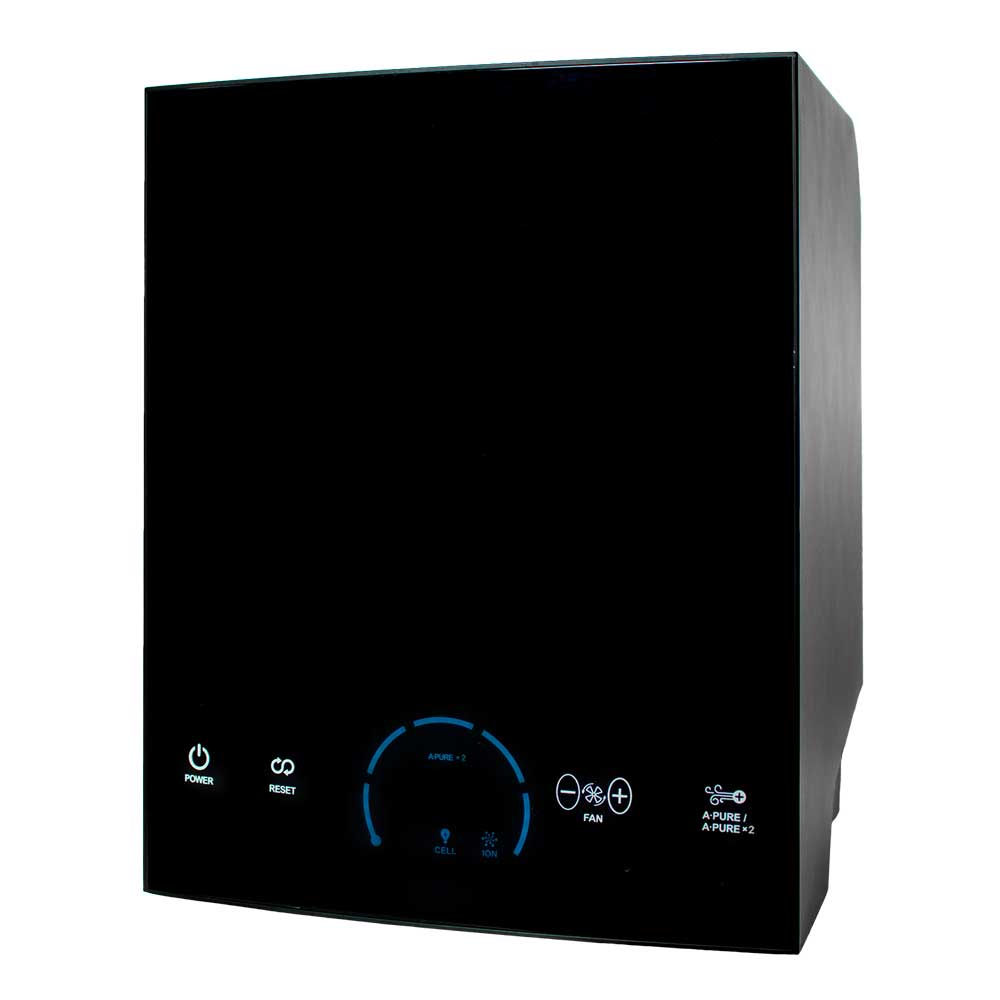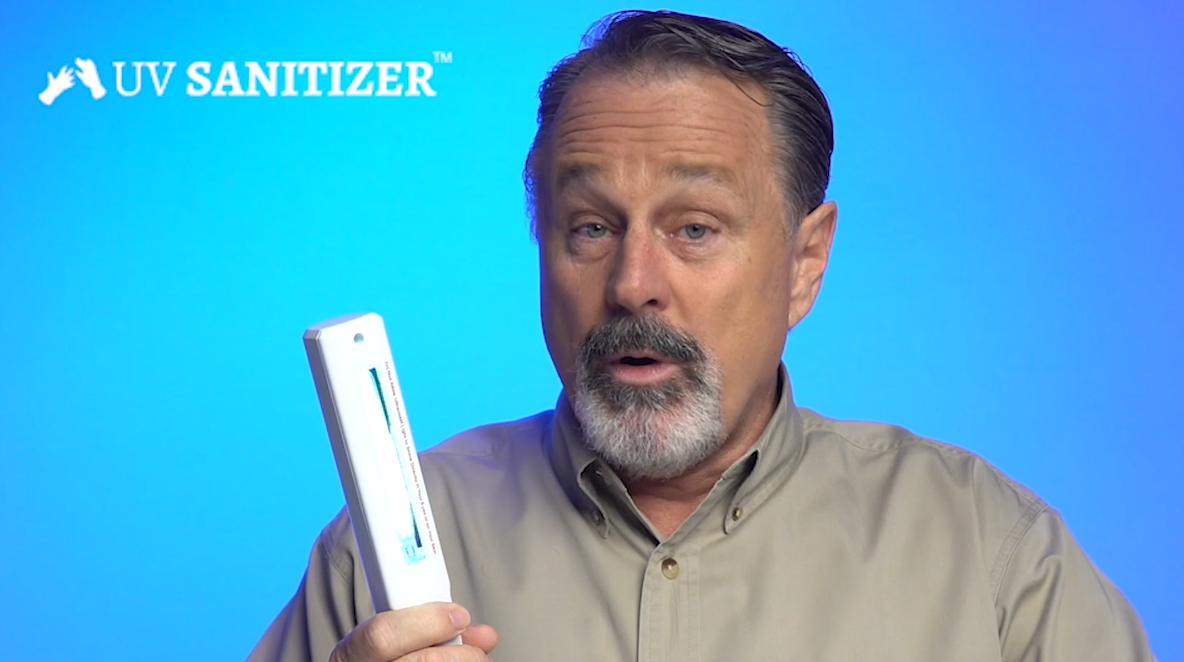
The Cost of Doing Business
Comparing the amount companies agree to pay to settle deceptive marketing charges with their annual revenue.
MyPillow touts sleep study's findings while consumers are left in the dark on its methodology.
|
If you had any doubts about MyPillow’s ability to give you a good night’s sleep, you can put those to rest right now. In an impossible-to-miss banner on its website, the company says a new sleep study proved, among other things, that its eponymous pillow significantly increases users’ “deep sleep,” with 96 percent of participants experiencing fewer sleep interruptions than with their original pillow.
Just don’t ask MyPillow about the study.
After not finding it on the MyPillow website, TINA.org requested a copy of the study in a media inquiry. In our email, we noted how information related to the methodology of the study — information that is of interest to consumers — seemed limited to this disclaimer on this page: “Results are based on a blind clinical study comparing study participants’ sleep between their original pillow and My Pillow Classic pillow.” Among other things, we asked how MyPillow measured things like “deep sleep” and “quality of sleep,” and, more generally, we posed questions regarding the length of the study, the number of participants, the original pillows tested, etc.
But instead of answering our questions, MyPillow CEO Mike Lindell, a TINA.org Wall of Shamer, responded by attacking TINA.org. (Apparently, Lindell is still miffed at having to pay $1 million to settle a deceptive advertising lawsuit filed by consumer protection officials in California that was aided by a TINA.org investigation into claims that MyPillow could treat or cure everything from insomnia to multiple sclerosis. Our bad.) In a series of emails that did not cease until late Friday night, Lindell called TINA.org a corrupt organization that should be ashamed of itself.
Lindell did provide one nugget of information about the sleep study, which was that it would be published in “an upcoming issue of a medical journal.” But he declined to give the name of the journal or to say when the issue with the study is expected out when questioned.
“They have requested that we not release it until it is published at which time we will also post it on our website,” he said.
In the meantime, MyPillow is airing at least three TV commercials for its “premium” pillow, which is not the same product as the “classic” pillow used in the sleep study. While the ads don’t reference the study, the premium pillows are being advertised buy-one-get-one-free. One of the main reasons MyPillow has an F rating with the BBB is because consumers have repeatedly complained about the company’s misleading BOGO offers.
UPDATES
12/18/19: MyPillow has agreed to pay $100,000 and to refrain from referring to unreliable scientific studies in its marketing materials to settle allegations that it violated a 2016 agreement with California regulators.
10/3/19: On Wednesday, the district attorney of Alameda County, California, filed a complaint against MyPillow for alleged violations of a 2016 settlement that prohibits the Minnesota-based company from misleading consumers about the effectiveness of its pillow. The complaint centers on a sleep study that MyPillow started promoting late last year in connection with claims that the pillow reduces the symptoms of sleep apnea sufferers, among other things. It cites a number of problems with the sleep study, including that the study is neither placebo-controlled nor double-blind, despite claims by MyPillow that it was both. The complaint comes six months after TINA.org alerted the district attorney’s office to the company’s violations of the 2016 agreement.
1/24/19: References to a sleep study on MyPillow’s website have been taken down following an inquiry by TINA.org. Compare the image above to this screenshot of the website taken Jan. 24.
Find more of our coverage on MyPillow here.
Our Ad Alerts are not just about false and deceptive marketing issues, but may also be about ads that, although not necessarily deceptive, should be viewed with caution. Ad Alerts can also be about single issues and may not include a comprehensive list of all marketing issues relating to the brand discussed.
Comparing the amount companies agree to pay to settle deceptive marketing charges with their annual revenue.
Products’ purported efficacy against COVID-19 reflects results from lab studies, not real-world studies. There’s a big difference.
When it comes to UV devices and COVID-19, there is no magic wand.

